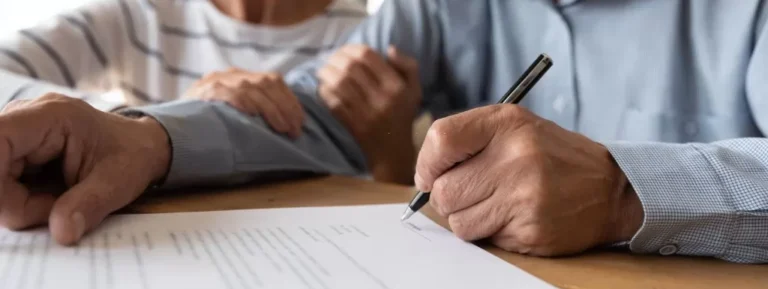The importance of a will – do you really need a will?
The most common answers to the question “Do you have a Will?” is always either “I don’t own anything”, “I’m too young to have a Will” or “I don’t need one. Everything can go to my husband/wife”.
In response to these comments, the team here at Rostron Carlyle Rojas would say, “A Will doesn’t just divide your assets, it can set out what is to happen on your death including your burial and organ donation preferences”, “You’re never too young to have a Will* and “Not necessarily, your assets could go to the government”.
Despite the varying and arguably frightening answers (the latter seems somewhat alarming) that one could respond to these statements, including the internal eye roll, the sentiment will always be the same, the above positions don’t render having a Will pointless.
The importance of a will (a case study)
By way of example, in the recent case of Re KH (deceased) [2017] 2 QDR 600 the estate of a Japanese national who died in Japan, but left property in Queensland (up to $1.5M in bank accounts) without a Will (in Australia or Japan), was left to consider (with the assistance of the District Court) whether the property in Queensland should be dealt with under the succession provisions of Japanese legislation, or be distributed in accordance with the Queensland Legislation (Succession Act 1981 (Qld)). In the circumstances, the court held that the Queensland property would be distributed in accordance with the Succession Act as opposed to the Japanese succession legislation.
This case succinctly demonstrates the importance of a will in for any adult.
To this end, we consider there are 5 critical reasons (and many more) as to why everyone should have a Will, no matter your age, financial, or marital status, or nationality, we consider it is integral for the following reasons:
- If you don’t have a Will you are considered to die “intestate” which will mean, most likely that:You will not be able to influence who will benefit from your estate – your assets could be shared with relatives you do not wish to benefit or in some circumstances, your assets could be distributed to the government;
- You will not have any influence over who can administer your estate – this will usually be a third party who has no or limited knowledge of your personal circumstances, also known as the public trustee;
- Your estate may take an extended period of time to administer (compared to the circumstances if you had a Will); and
- The cost to administer your estate will be significantly higher (than if you had a Will),
- You will be able to dictate how and to whom you would like your estate distributed (you could even make a provision for a charity, a donation to your alma mater, or even cater for your furry friend);
- You may be able to reduce the amount of conflict relating to your estate by defining your wishes (hopefully, unfortunately no guarantees can be provided in this regard);
- You will be able to assist in the efficient and effective administration of your estate; and
- It is a cost-effective exercise that will potentially reduce the cost in administering your estate in the back end and reduce the likelihood of a reduction in the inheritance to your beneficiaries.
If you would like to discuss further the importance of a will feel free to, contact the team at Rostron Carlyle Rojas for some friendly discussions.



